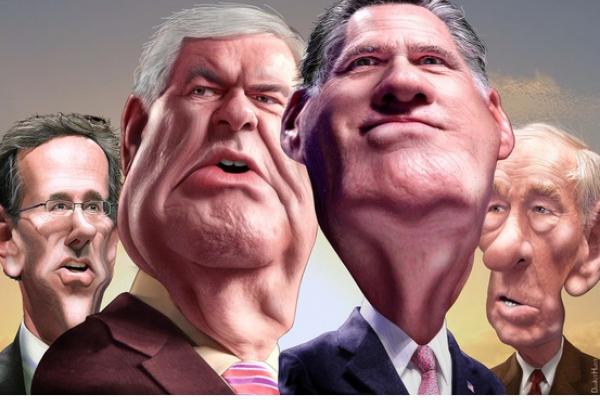Mar 7, 2012
Thousands cast their ballots in yesterday’s primary election and the results?
Things pretty much stayed the same.
Romney is still the front runner, Santorum the closest challenger, Paul continues his campaign to influence the GOP agenda and Gingrich is still Gingrich.
With the end of the primaries nowhere in sight, Democrats are smiling in remembrance to their own long drawn out fight between the Obama and Clinton campaigns during the 2008 cycles. While the preponderance of advertising and horse race coverage can be tiring, are these drawn out battles a good thing?
Read the Full Article

Already a subscriber? Login
